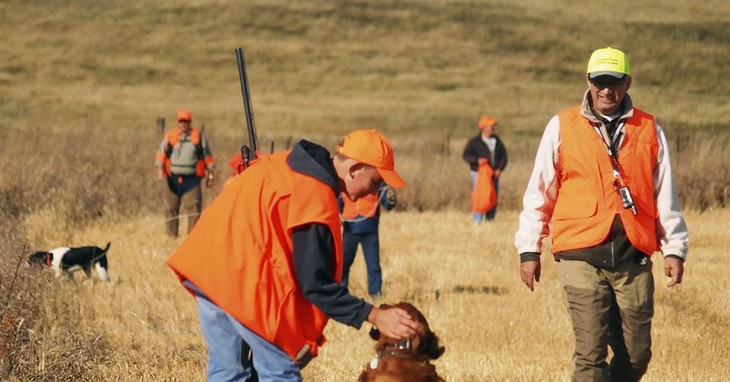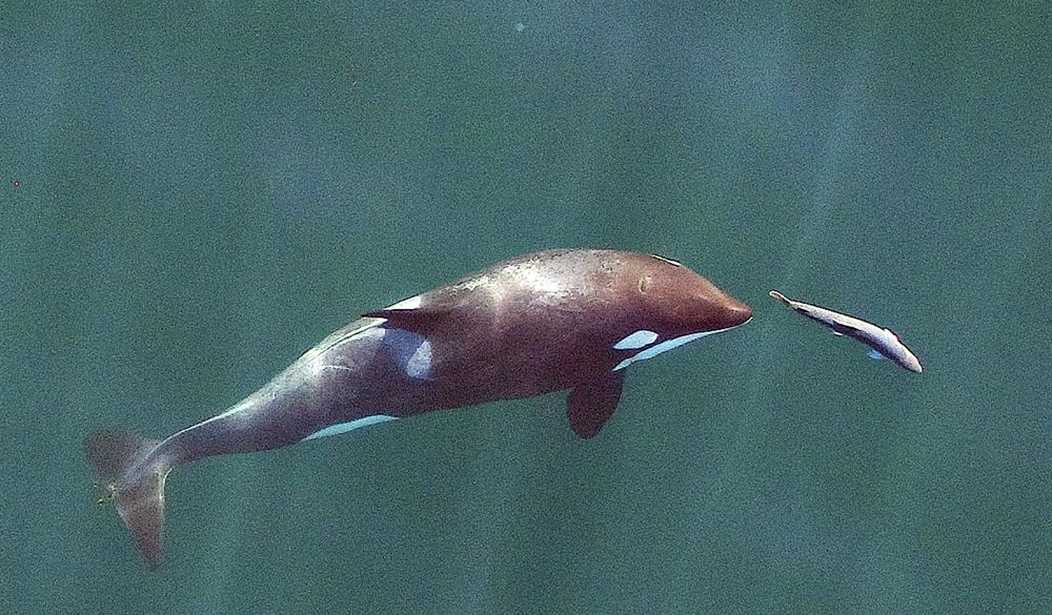Sometimes the courts get something right.
Like a lot of Alaskans, I like fishing. In addition to a vibrant sport fishing scene, Alaska is also home to a lot of commercial fishermen. Fishing in 2022, the most recent year in which data is available as of this writing, yielded $5.7 billion to Alaska’s economy. But recently, a legal action by a Washington state group threatened to shut down the King salmon fishery in southeast Alaska. They failed.
The Ninth Circuit Court of Appeals looked upon the arguments by Regional Administrator of the National Marine Fisheries Service, Jennifer Quan and the Alaska Trollers Association and found them good.
The controversy surrounding the chinook fishery arose due to a lawsuit by the Wildfish Conservancy, a Washington environmental lawsuit group that agued the troll fishery for chinook, also known as king salmon, poses a threat to 73 endangered orca whales that reside off the coasts of Oregon, Washington, and British Columbia. Those orcas prefer to eat king salmon, the litigants said, and Southeast Alaska troll fishers, some 700-850 miles away, were endangering the orcas.
The decision shows just how much elections have consequences. The Ninth Circuit, long considered the most liberal of all the circuits, has become more conservative after former President Donald Trump was able to replace 10 judges in three years.
Elections have consequences, indeed. And it’s not just happening here in Alaska, as my RedState colleague Nick Arama recently explained how Maine lobstermen won a similar victory. In the case here in Alaska, the Ninth Circuit actually looked at some relevant facts.
Alaska’s legal filings stated, “Shutting down the Southeast Alaska salmon fisheries would have negligible, if any, impact on the Southern Resident Killer Whale, as any Chinook not caught in Southeast must travel some 700 miles past Canadian commercial and recreational fisheries, tribal fisheries, Northern Resident Killer Whale, and Steller sea lions, which are also predators of large Chinook, and Southern U.S. fisheries to reach the Southern Resident Killer Whale.”
In other words, the orcas described are 700 miles from where the Alaska trollers are fishing for salmon.
Here’s the thing about wildlife and fisheries management; like with so many other issues, these are things best managed locally. Oh, there need to be some interstate examinations of things like migratory birds, which represent a resource that crosses state lines. But static wildlife populations and fisheries are best managed by the several states, as Alaska does in salmon fisheries.

American wildlife law is different from most places in the world. In most places, wildlife and fish are the property of landowners on which the resource (game and fish) is found. I once looked into hunting in Germany when I was there in the Army, and I didn’t like the model; you were assigned a guide, you sat in a fixed stand. If and when game appeared, the guide indicated which one you were to shoot. You were allowed to keep antlers and a small package of meat. The rest of the meat went to market.
In the United States, wildlife is considered a public resource, a tradition that goes back to the frontier days. That’s why commercial fishing is done in the ocean; once salmon enter the freshwater rivers and streams, local law applies and the fish, like moose, caribou, grouse, and other game animals become a public resource, not a commercial resource. But in the ocean, interstate commercial fishing compacts and treaties apply, and management of these commercial fisheries is often contested in court. Some of those court filings have merit, and some do not, but in either case, these things must be decided on the facts. In this case, the Ninth Circuit did so. Good for them. And thanks to President Trump for changing the makeup of a district Court that was once the most leftist court in the nation. Elections, indeed, have consequences.
Purely by coincidence, my wife and I will be out in Resurrection Bay on Saturday fishing for halibut and salmon. One of the greatest things about living in Alaska is the regular opportunities for putting clean, free-range, naturally delicious fish and game in your freezer, and we take full advantage. Now, thanks to this ruling, other folks will also be able to enjoy clean, ocean-grown salmon.
If you’re enjoying the content at RedState, consider getting a VIP membership! Use code SAVEAMERICA for a 50% discount.














Join the conversation as a VIP Member